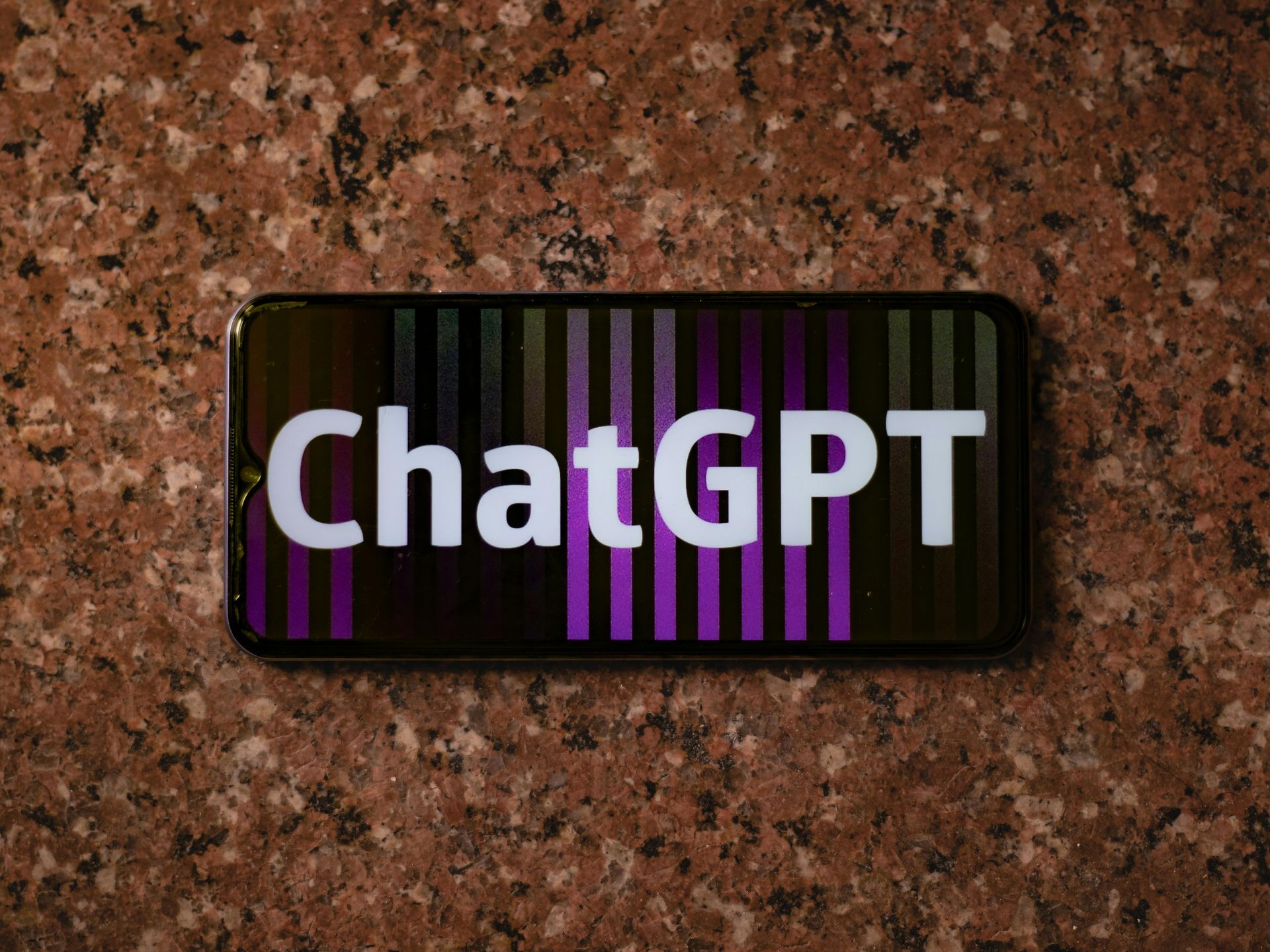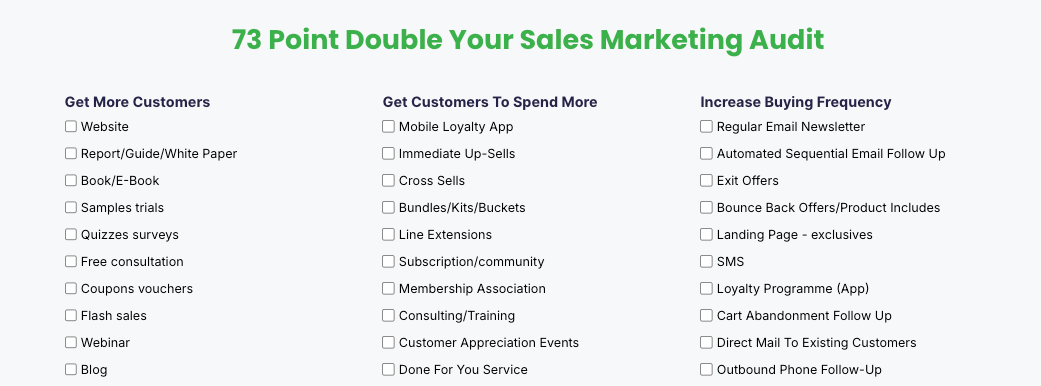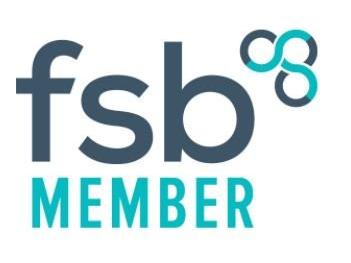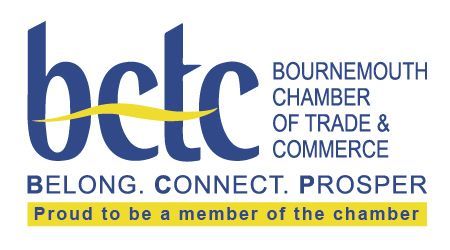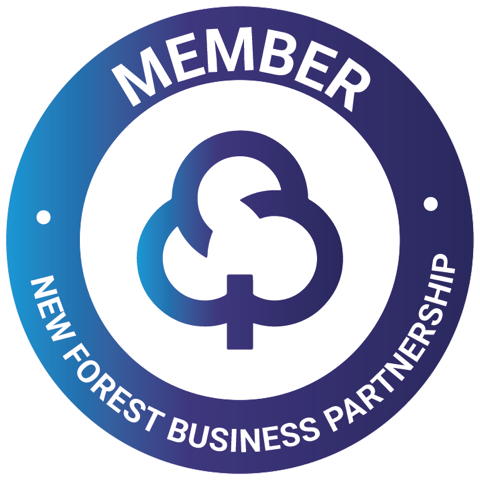SEO Tips for Blogs
10 Search Engine Optimisation Tips for your Blog

Writing blogs or articles for your website takes time, effort and a lot of talent. Unfortunately, not everyone has the time; even fewer are natural writers.
Writing a blog is definitely worthwhile. If done correctly, a blog can significantly improve your website ranking in Google. That's why SEO agencies consider an essential aspect of any search engine optimisation strategy. However, the benefits of writing a blog go much further than just improving your rankings in Google and attracting more visitors to your website. A good blog will position you as an expert in your field, enhancing your website's conversion rate, i.e. how many leads or sales it generates! It can also be repurposed for email marketing to your customers and for your social media channels
Writing a blog just for SEO purposes probably isn't the best strategy. If you stuff your blog with keywords, it will be difficult to read and negatively impact your credibility. Google will penalise you for 'keyword stuffing'. Instead, write a blog you know your customers will want to read and give them real value for taking the time to read it.
Don't worry that you haven't included the keywords that you are trying to rank for in your blog, Google is also looking for context around your keywords so answering all of who, when, why and what questions will positively impact your SEO strategy.
If you are unsure about whether SEO is still important please read my previous blog on the importance of SEO
What should you blog about?
What do your potential customers search for on Google? It's probably not what you think it is!
So how do you know what to write a blog about?
A good start is writing a blog that answers the questions you get asked regularly. You may have already answered these with an FAQ section on your website. If so, great; you have a whole load of blog topics ready to be written. All you need to do is expand upon the answers you have already provided on your website and provide context and advice.
Keyword research is essential to include the correct search terms and phrases in your blog. Those phrases are probably not what you think they would be. They will generally be questions asked from a layman's perspective.
People don't search for phrases like "how do I optimise my website for SEO" They will more than likely search for "how do I get more leads from my website".
Don't be tempted to blog about internal company news, such as new hires. Whilst it may be of interest to you, it is unlikely to interest potential customers.
Types of Keywords
There are different types of keywords; fat head and long tail are two pieces of SEO jargon that we do not need to go into. Put simply, some keywords have some commercial intent and keywords for awareness. For example, "How much does an SEO service cost" or "SEO agency near me" indicates that the person searching is looking to subscribe to an SEO service. Whereas terms such as search terms such as "what is search engine optimisation" or "how does search engine optimisation work" are more general terms used by people looking for more information.
How many Keywords should I cover in my blog?
Unless you are going to write a 10,000-word blog, which you shouldn't, then you should target just two or three main keywords in your blog and they should be closely related.
Please keep reading for our top tips on writing a blog that will benefit your SEO strategy and help grow your business.
Do you want a Leading SEO Agency to Optimise your Website
Book a call with an SEO Consultant
Blog Tip No.1 – Make sure your blog is well written
It goes without saying that there should be no spelling or grammatical errors, but it should also be engaging and interesting to read. Unless you are writing for a very technical audience, do not use jargon or acronyms that aren't in common use.
Space your content out with paragraphs and sections. Nothing will cause someone to navigate away from your website faster than a vast block of text.
Consider using a tool like Grammarly to check your blog's spelling, grammar and readability. Better still, use a professional copywriter. Not only will it save you a lot of time and head-scratching, but your blog will also be much more engaging and effective.
Blog Tip No.2 - Plan your blog.
What is your objective? Are you trying to increase your brand awareness, build your credibility, promote a service or convince people to buy from your eCommerce store. How are you going to do this? What are the key messages you want to communicate with your blog?
Blog Tip No.3 – Structure your blog
Your blog should have a beginning, middle and ending – In that order! As the adage goes, 'tell them what you're about to tell them, tell them and finally tell them what you've told them!
The middle part of your blog or the body may also have several sections. Also after your Conclusion, it is often a good idea to write a paragraph about you or your organisation followed by a call to action
Read enough? Want to speak to an SEO Consultant?
Blog Tip No.4 – Headings and Sub Headings
Headings are important on your website and blogs are no different. Google weights the keywords in headings with more importance than in the main text on your website. So, a heading of "The Leading SEO Agency in Bournemouth" would benefit your SEO strategy more than the same sentence in your standard text.
It is also important to note that there are six different levels of headings as far as your website is concerned. Each is given a different amount of weight from an SEO perspective. So a Heading 1 or H1 is given more weight than a H2 which in turn is given more weight than a H3.
You should have only one H1 on each blog. H2s should be used for each section, and H3s, paragraph titles, bullet points, etc.
As well as their SEO benefits, headings improve the visitor experience making it easier for readers to find the information that they will find most useful.
In summary, using your core keywords in your headings and subheadings is essential. However, don't be tempted to stuff them with keywords, as this will negatively impact the reader experience and the SEO benefit of your blog.
Blog Tip No.5 – Provide Context to your keywords
We have discussed why you should refrain from stuffing your blog (or any page on your website) with keyword after keyword. What Google, and your website visitors, want is the context around your keywords. Therefore, explaining what you mean or why you provide a particular service is important to allow Google to understand when they should serve your website or blog to someone searching for your services.
For example, you could be trying to rank for the keyword of "SEO agency in Bournemouth". Going on to tell people that you help companies throughout Dorset generate leads from their website adds context, as does explaining how you do that.
Additionally, Google is smart enough to understand and recognise synonyms. It knows that SEO stands for search engine optimisation, and SEO agency and SEO consultant can be relevant for someone looking to optimise their website.
In short, don't repeat yourself mindlessly over and over again. Tools like Grammarly can help rephrase content if you need help to rephrase and explain concepts and keywords.
Blog Tip No.6 – What is the optimal length for an SEO friendly Blog?
As a general rule, the longer a blog, the better. This is because your blog will naturally have more keywords and context. This will positively impact your SEO strategy and rankings in the search engine results pages (SERPs). However, don't be tempted to waffle or write content that isn't relevant just to get your word count up. A well written 400 word blog is better than a rambling, incoherent 4000-word article.
Generally, blogs should be a minimum of 500 words but normally, the longer the blog, the better for SEO. However, readers can be discouraged if they see a long blog post. This can be mitigated by having good headings and subheadings. Also, breaking up the text with mages and graphics can encourage your audience to make an effort or pick the parts of your blog that will be most interesting.
Another excellent blogging tip is if you struggle to keep your blog down to a manageable number of words. Then, you can split your 5000-word blog into multiple blogs and release them sequentially.
Want to improve your SEO Strategy with a Blog Writing Service?
Fill in your details below and one of our SEO consultants will be in touch
Blog Tip No.8 – Proofreading your blog
Before you publish your blog, get someone else to proofread it first. It is very difficult to spot your own mistakes. It is also helpful to get someone else's opinion on how easy your blog is to read and understand. For example, jargon and acronyms can easily creep into a blog. While they may make complete sense to you, your audience may struggle to understand what you mean.
Additionally, reading your blog out loud is another great copywriting tip. When we read text in our head, we skip over sections and automatically correct errors. Reading your blog out loud will allow you to understand how it will sound to other people.
Blog Tip No.9 – Consistency is King
If you are going to incorporate blogging into your SEO strategy, and you should, then make sure you write a blog regularly. Google loves new content and will prioritise it over older content. But don't be tempted to write a blog to get any old content out there. Instead, make sure your blog is relevant and engaging. Otherwise, it can hurt both your rankings and your credibility.
Build a blogging schedule that covers the blog subjects and content months in advance so that you aren't struggling to think of a new article to write. If necessary, this schedule can always change in response to company or industry news. Additionally, you can update and amend old blogs on your website as your industry changes.
Blog Tip No.10 – Use a Professional
One last tip for your blogs; get a professional copywriter to write them for you. Not only will it save you significant amounts of time, but it will be much more engaging and provide better SEO results pushing your website up the rankings faster.
Conclusion
Hopefully, now you should recognise that blogging, when done well, is an extremely valuable marketing activity that can help you rank higher on Google and build your brand and credibility.
The tips above will help you transform your blog from a dreary exercise that yields minimal benefit to a lead-generating activity that will help grow your business and brand.
If you have more questions about SEO you may find my previous blog answering some of the common questions we get asked:
About Overt Digital Media
Overt Digital Media is a digital marketing agency specialising in building and optimising websites that generate leads and sales for the companies they represent.
We have a range of SEO services that are both affordable and effective. Our websites have an artificial intelligence engine that can adapt the content and user experience for each website visitor. This has been shown to increase the number of leads and sales by up to 19%
Based in Christchurch, on the edge of the New Forest, we help small businesses throughout the South of England, particularly companies in Bournemouth, Southampton, Winchester and Portsmouth.
Need help optimising your website?
Fill in the form below and an SEO Consultant will get in touch





